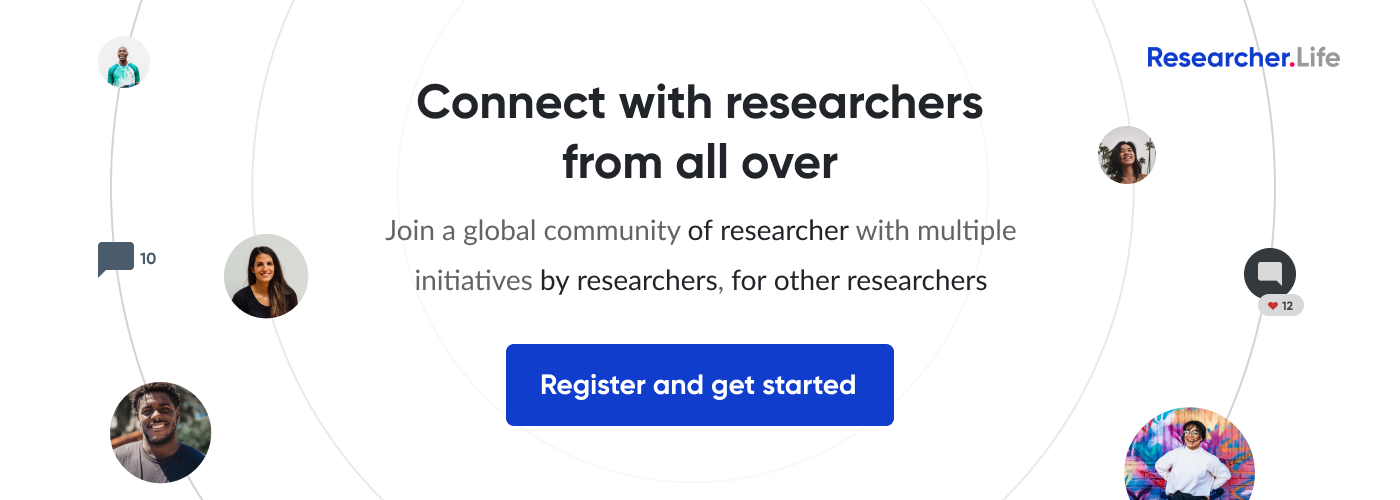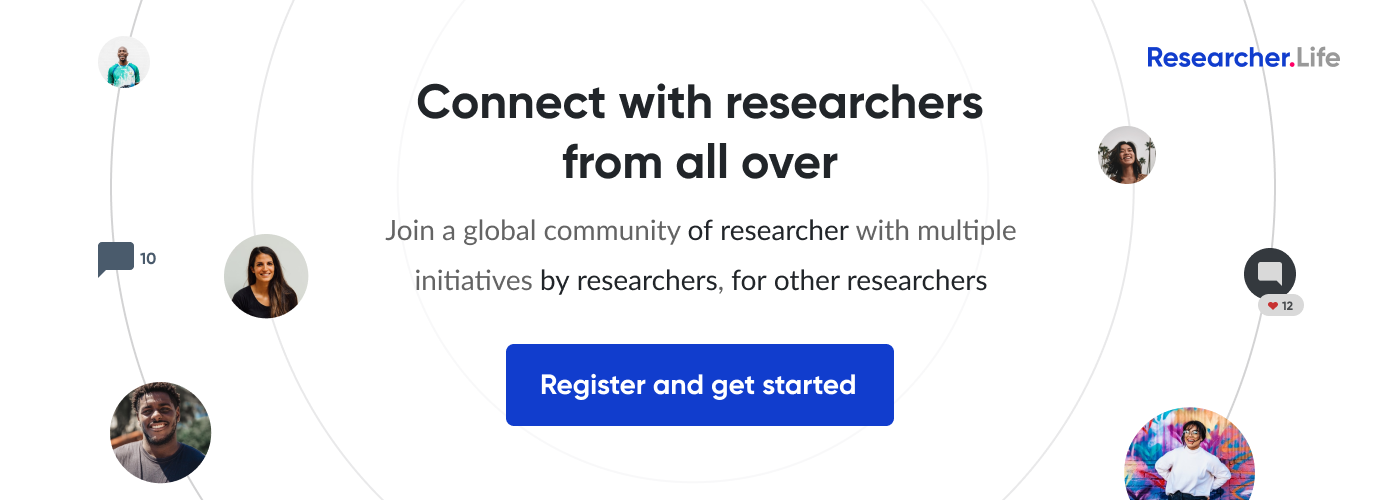World Science Day 2022: How can basic sciences contribute to meeting Sustainable Development Goals (SDGs)?

November 10 marks the 21st World Science Day for Peace and Development. First observed by the United Nations Educational, Scientific and Cultural Organization (UNESCO) in 20021, this annual global event highlights the crucial role that science plays in all our lives and how it can improving the sustainability of our societies. Here, we discuss the theme of this year’s World Science Day and why it is significant.
World Science Day 2022 theme—Basic Sciences for Sustainable Development
On December 2, 2021, the UN General Assembly affirmed that ‘The applications of basic sciences are vital for advances in medicine, industry, agriculture, water resources, energy planning, environment, communications and culture1,’ not only setting the theme for this World Science Day, but also marking 2022 as the International Year of Basic Sciences for Sustainable Development2.
However, before discussing why UNESCO chose this focus, we must first define “basic science” or “basic research.” These terms refer not to the complexity of research, but rather to the fundamental role that it plays in human technological development. Basic science focuses on formulating, testing, or refuting theories about observed phenomena, particularly in nature. Basic research is often compared with applied research or translational research, which focus on using the knowledge gained in basic research to develop novel technologies or knowledge that benefit humans.
For example, a study investigating how gene expression influences cancer development would be basic research, while a study that uses this knowledge to develop a novel chemotherapeutic drug would be translational. In essence, basic research forms the bedrock of our efforts to tackle many of the challenges we face, including sustainable development challenges.
Why basic sciences?
On its face, why basic research has been singled out for this year’s World Science Day is not obvious. When we think about tackling issues like climate change, food insecurity, or poor health outcomes, we often focus on applied research-driven solutions for these problems, such as renewable power generation, improved agricultural management, and repurposing drugs, respectively.
However, neglecting basic research in favor of applied sciences would be short-sighted. As UNESCO noted, ‘without basic science, there would be no science to apply3.’ Ensuring that basic research remains well-funded and active will form the basis for hitherto unrealized developments4. For instance, the digital devices that are indispensable to our modern lifestyle are a culmination of years or decades of basic research long before reaching the market.
Inconsistent support for basic research
Despite its importance, funding for basic research is inconsistent, with some countries dedicating a fewer than a tenth of their budgets for basic research, while others allocate more than 30%5. Given the fundamental role of basic sciences6, we must ensure that basic research remains well-funded and that the burden of research is shared properly worldwide.
How basic sciences can help us meet the SDGs
Given the lag time between basic science “bench work” and application, we cannot always see how it can solve our problems. Here, we discuss four of the 17 SDGs7 set forward by the United Nations (UN) in 2015 and the vital role of basic sciences in meeting these goals.
- Good health and well-being
The past century saw truly precipitous rises in lifespan and health outcomes around the world8. While this is laudable, some issues persist, and new problems have arisen. One example is multiple antibiotic resistance. Antibiotics have rendered many fatal diseases easily treatable, but the spread of antibiotic-resistant microorganisms threatens to undo many of medical advancements9. Along with antimicrobial stewardship10, basic research to identify novel antimicrobial compounds in nature is one strategy to ensure we can continue effective treatment of infections.
- Clean water and sanitation
Despite many advances, many people, particularly in the Global South, still lack access to potable water or sanitation facilities. Cholera, a disease usually caused by contaminated water, has been eradicated in the industrialized world. However, outbreaks in Haiti11 and the Middle East12 still threaten many people, particularly children. Basic research into waterborne pathogens such as Vibrio cholerae can help us understand how they thrive, informing applied research into new means of sanitizing drinking water.
- Affordable and clean energy
Renewable energy sources, such as solar or wind power, make up a growing share of global power generation. However, they have some drawbacks, including their set-up cost and dependency on the weather. Basic chemistry research can help overcome these problems by identifying novel materials that allow for better energy storage, greater efficiency, or lower costs.
- Climate action
We have no hope of protecting the environment without first understanding our planet. Global climate models are vital aids in improving our understanding and prediction of climate behavior and exploring climate sensitivities13. Climate modeling is a crucial means of measuring the impact of human activities on climate change and monitoring the efficacy of our green strategies14.
Conclusion
World Science Day is a great opportunity for starting conversations about the central role of science in securing our future. If you would like to know more, both UNESCO3 and the International Science Council15 have provided a wealth of resources that should be of interest both to basic researchers and the general public alike.
References
1. World Science Day for Peace and Development. United Nations https://www.un.org/en/observances/world-science-day.
2. About IYBSSD 2022. International Year of Basic Sciences for Development https://www.iybssd2022.org/en/about-us/.
3. International Year of Basic Sciences for Sustainable Development | UNESCO. https://www.unesco.org/en/year-basic-sciences.
4. Danevska, L., Spiroski, M., Donev, D., Pop-Jordanova, N. & Polenakovic, M. How to Recognize and Avoid Potential, Possible, or Probable Predatory Open-Access Publishers, Standalone, and Hijacked Journals. PRILOZI 37, 5–13 (2016).
5. UNESCO science report: the race against time for smarter development. (United Nations Educational, Scientific and Cultural Organization, 2021).
6. Tessier-Lavigne, M. In defense of basic science funding: today’s scientific discovery is tomorrow’s medical advance. Cold Spring Harb. Perspect. Med. 3, a019554 (2013).
7. THE 17 GOALS | Sustainable Development. https://sdgs.un.org/goals.
8. Life expectancy around the world has increased steadily for nearly 200 years. | Learn Science at Scitable. https://www.nature.com/scitable/content/life-expectancy-around-the-world-has-increased-19786/.
9. Ventola, C. L. The Antibiotic Resistance Crisis. Pharm. Ther. 40, 277–283 (2015).
10. Antimicrobial stewardship. The Association for Professionals in Infection Control and Epidemiology (APIC). https://apic.org/professional-practice/practice-resources/antimicrobial-stewardship/#:~:text=Antimicrobial%20stewardship%20is%20a%20coordinated,caused%20by%20multidrug%2Dresistant%20organisms.
11. Cholera in Haiti | Cholera | CDC. https://www.cdc.gov/cholera/haiti/index.html (2021).
12. Cholera outbreaks threaten children’s survival in the Middle East. https://www.unicef.org/press-releases/cholera-outbreaks-threaten-childrens-survival-middle-east.
13. Climate Modeling. Geophysical Fluid Dynamics Laboratory (GFDL). https://www.gfdl.noaa.gov/climate-modeling/.
14. What Are Climate Models and How Accurate Are They? https://news.climate.columbia.edu/2018/05/18/climate-models-accuracy/.
15. International Year of Basic Sciences for Sustainable Development 2022. International Science Council https://council.science/basicscience/.
Comments
You're looking to give wings to your academic career and publication journey. We like that!
Why don't we give you complete access! Create a free account and get unlimited access to all resources & a vibrant researcher community.














